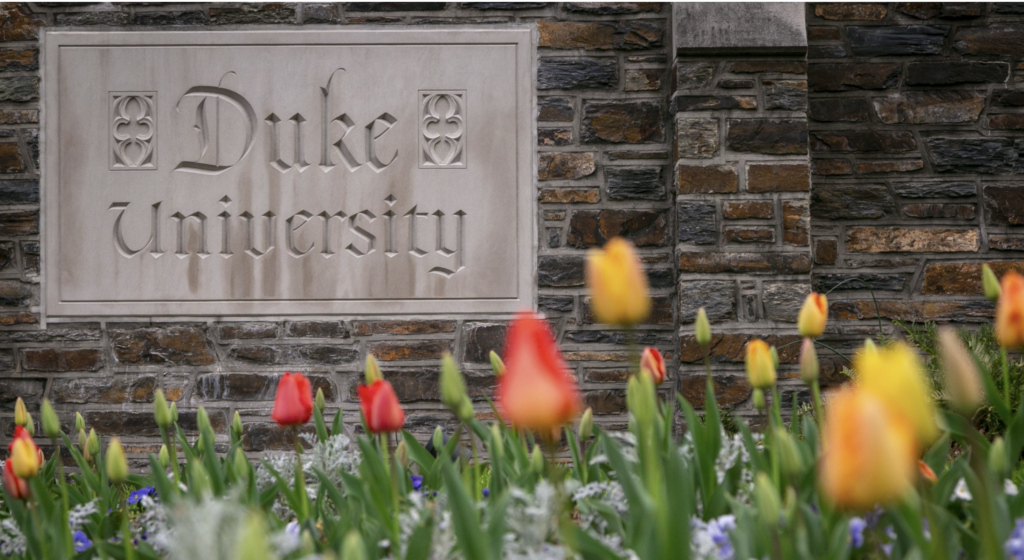The seminar invites students to examine the central ethical questions that arise in the everyday practice of medicine and to interpret those questions through a moral framework drawing from both natural law and medicine’s traditional orientation toward the patient’s health. This framework will be contrasted with principlism and consequentialism as participants consider what sort of practice medicine is, whether it has a rational end or goal, and how medicine contributes to human flourishing.
The seminar also will consider clinical cases to examine ethical concerns that arise perennially in the practice of medicine, including: the nature of the clinician-patient relationship, the limits of medicine, the meaning of autonomy, the place of conscience in the physician’s work, the difference between an intended effect and a side effect, proportionality, human dignity, sexuality and reproduction, the beginning of life, disability, end-of-life care, and death. The seminar aims to equip participants with intellectual tools that can help them discern how to practice medicine well in the face of medicine’s clinical challenges and moral complexities.
Participants’ only cost is getting themselves to Durham, NC, arriving by the end of the day on June 10 to check in to housing provided in the Duke dormitories. The seminars run over two full days, from the morning of June 11 through the afternoon of June 13. Participants will check out on the morning of June 13. All other costs of the seminar are covered by the Civil Discourse Project through the generosity of its supporters.
Faculty
Farr Curlin, MD, Duke University
Christopher Tollefsen, PhD, University of South Carolina
Eligibility
This seminar is open to rising and current medical students or residents, as well as other health professions students.
Application deadline: We encourage those interested to apply early, as applications are accepted on a rolling basis, and the seminar is limited to 22 participants.
